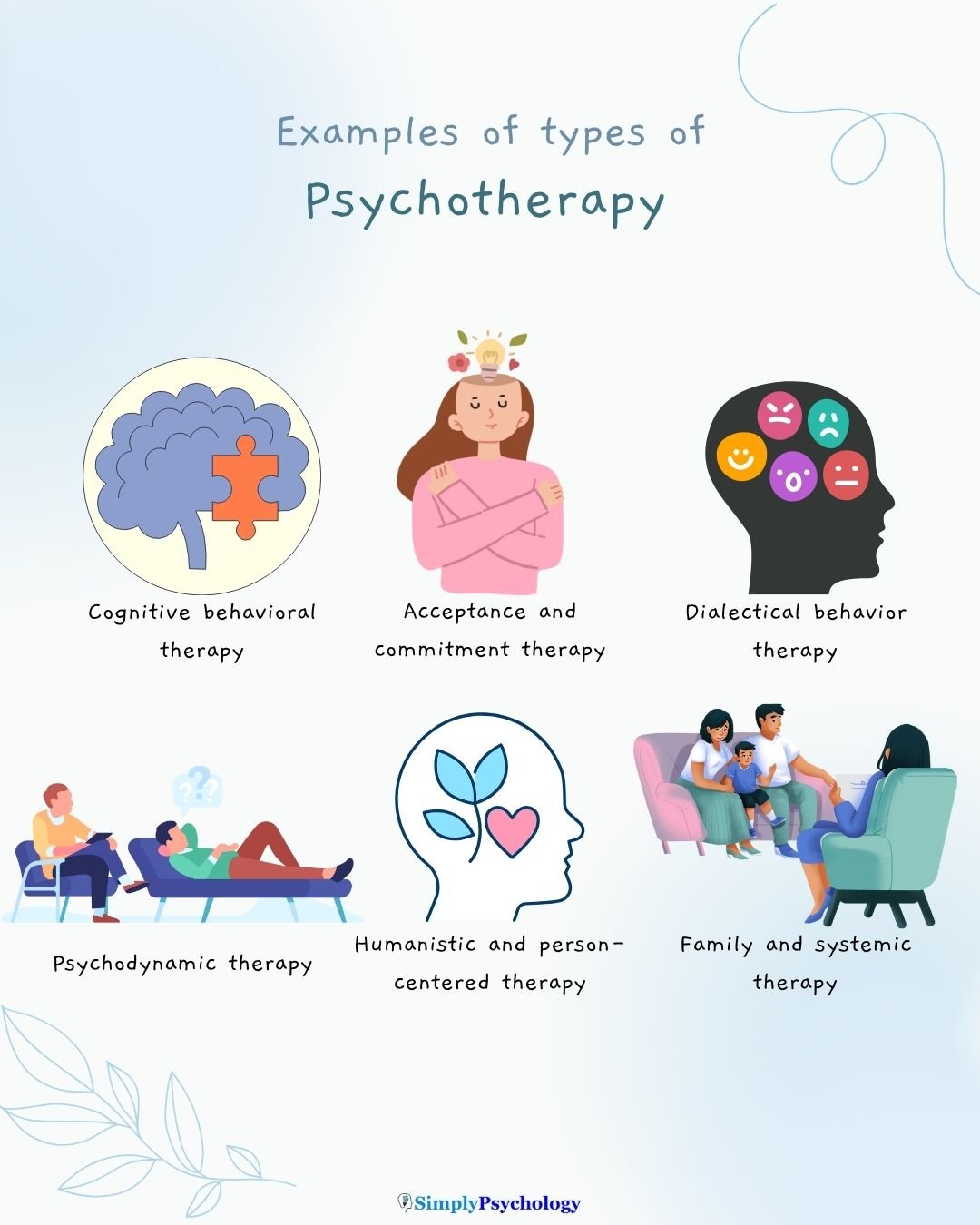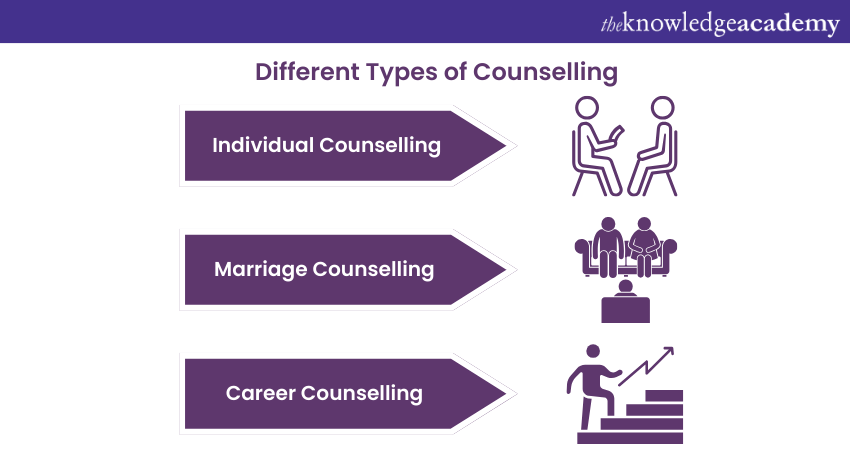The Positive Outcomes of couples counselling online for Newlyweds
Wiki Article
Exploring the Benefits of Virtual Therapy in Modern Mental Healthcare
The surge of virtual therapy notes a significant shift in psychological health care. It provides enhanced ease of access, allowing individuals from varied backgrounds to seek assistance without geographical constraints. Versatility in organizing suits varying way of lives, while the convenience of home can foster openness. Nonetheless, the implications of these adjustments expand beyond plain convenience. The evolving landscape of therapy raises important questions about its lasting impacts on individual involvement and treatment outcomes.Improved Ease of access for All
Although typical therapy commonly offers obstacles such as geographical location and organizing disputes, virtual therapy substantially boosts ease of access for individuals seeking psychological wellness support. By eliminating the requirement for physical traveling, virtual therapy allows clients from remote locations or those with wheelchair challenges to link with certified professionals. This mode of therapy can get to underserved populations that may do not have regional psychological health resources, thereby attending to variations in access to care. Furthermore, virtual systems can satisfy varied requirements, using solutions in numerous languages and accommodating various social backgrounds. Clients can engage with a wider series of professionals, supplying them with options that straighten with their certain needs and choices. This increased access cultivates a much more comprehensive atmosphere, allowing individuals to look for assistance without the stigma often connected with in-person gos to. On the whole, virtual therapy represents a substantial improvement in making psychological wellness treatment much more available to all.Flexibility in Scheduling Procedure

As virtual therapy remains to get traction, its inherent versatility in organizing sessions shows to be a substantial advantage for numerous individuals. Unlike traditional in-person therapy, virtual therapy permits clients to select session times that finest fit their individual and specialist dedications. This versatility accommodates those with requiring work routines, family members responsibilities, or various other dedications that can make going to physical visits challenging.
Clients can conveniently reschedule or change their sessions as required, reducing the tension linked with rigid appointment systems. The accessibility of numerous time slots throughout the week, including nights and weekend breaks, additionally enhances accessibility. This versatility not just urges consistency in attendance but also cultivates a higher commitment to the healing procedure. Eventually, the versatility in organizing sessions stands for a transformative shift in mental healthcare, empowering people to prioritize their wellness without sacrificing various other elements of their lives.
Convenience of a Familiar Environment
The convenience of a familiar environment substantially enhances the performance of virtual therapy for many customers. Participating in therapy from the safety and security of their very own homes permits people to feel more at simplicity, minimizing anxiousness that might come with conventional in-person sessions. This experience can help with open communication, enabling clients to express their thoughts and sensations more openly.The presence of individual products and the capability to control their surroundings can contribute to a sense of security and leisure. Clients typically report that being in a comfortable area allows them to focus much more on the restorative procedure rather than the setting itself.
Additionally, the casual nature of virtual sessions can assist liquify barriers that may exist in a typical workplace environment, cultivating a deeper connection with specialists. Generally, the convenience of acquainted surroundings plays a vital role in boosting the restorative experience and effectiveness for several people seeking psychological health assistance.
Wider Range of Restorative Options
A wider variety of restorative alternatives appears through virtual therapy, enabling customers to gain access to different techniques that might not be possible in typical setups. This adaptability makes it possible for people to discover varied strategies such as cognitive-behavioral therapy, mindfulness techniques, art therapy, and even specialized interventions like trauma-informed treatment or dialectical behavior modification.Moreover, clients can pick from a broader range of specialists, including those who specialize in specific niche areas or specific populations, boosting the chance of finding a suitable suit. Virtual platforms commonly give access to group therapy sessions, support communities, and workshops that might be geographically unavailable otherwise.
This variety equips clients to take part in their healing process according to their unique choices and requirements, possibly increasing inspiration and commitment to treatment. Therefore, the landscape of mental health treatment becomes extra comprehensive and adaptable, dealing with a wider array of individual experiences and obstacles.
Minimized Preconception Bordering Therapy
Accessing therapy with virtual systems contributes to a substantial reduction in the stigma commonly connected with psychological healthcare. By providing a discreet and exclusive environment, virtual therapy permits individuals to seek aid without the fear of being judged or recognized. This anonymity interest those that might otherwise be reluctant to pursue in-person therapy due to societal perceptions surrounding mental health and wellness.Moreover, as the frequency of virtual therapy boosts, it normalizes the conversation around mental health, making it a more acceptable component of everyday life. Individuals often really feel more comfortable reviewing their experiences online, advertising openness and minimizing sensations of isolation. The accessibility of these services additionally motivates a more comprehensive demographic to engage with mental health sources, fostering a culture of assistance as opposed to pity. Eventually, the rise of virtual therapy plays a crucial duty in reshaping perspectives in the direction of looking for aid, contributing to an extra approving culture concerning mental wellness challenges.
Cost-Effectiveness and Affordability

Decreased Session Costs
Lots of individuals looking for mental health support discover that virtual therapy greatly lowers session prices contrasted to standard in-person alternatives. The removal of traveling expenses and time off work usually contributes to general cost savings. Furthermore, numerous virtual specialists supply affordable prices due to reduced overhanging prices related to preserving a physical office. This change in expense allows clients to gain access to top quality mental health services without the monetary stress that may come with conventional therapy. For numerous, this cost allows a lot more regular sessions, which can improve treatment end results. Consequently, virtual therapy not only democratizes accessibility to psychological healthcare yet additionally gives a lasting economic version that straightens with customers' budget plans, making mental wellness support extra obtainable for a larger target market.Broadened Access Choices
While traditional therapy often provides logistical obstacles, virtual therapy substantially broadens access choices for people looking for psychological healthcare. By getting rid of the demand for travel and permitting flexible scheduling, virtual therapy suits diverse way of livings and commitments. This access is particularly beneficial for those in remote locations or with wheelchair difficulties. Additionally, the cost-effectiveness of virtual therapy decreases monetary pressure, making psychological health solutions more obtainable. Numerous systems offer tiered pricing or gliding range charges, advertising affordability. Insurer increasingly identify virtual therapy, further boosting its economic ease of access. Generally, virtual therapy not only broadens the scope of that can obtain treatment yet likewise addresses financial barriers, making psychological health support more comprehensive and attainable for all.Enhanced Connection of Care
Boosted connection of care arises as a significant advantage of virtual therapy in modern-day mental healthcare. This strategy allows clients to keep constant communication with their specialists, despite geographical barriers or scheduling problems. relationship therapy. The adaptability of virtual sessions fosters routine check-ins, which are crucial for keeping track of development and adjusting therapy intends as requiredAdditionally, electronic wellness documents and telehealth platforms help with seamless info sharing among care providers. This interconnectedness guarantees that all specialists associated with an individual's care are updated adhd counselling on treatment advancements, resulting in more worked with and efficient interventions.
People usually experience lowered stress and anxiety and increased engagement as a result of the comfort of accessing therapy from acquainted atmospheres. Such access improves adherence to therapy programs, eventually improving outcomes - adhd counselling. To summarize, virtual therapy not only bridges voids in psychological health and wellness solutions yet also fortifies the continuity of care, a vital part of effective restorative relationships
Often Asked Concerns
How Does Virtual Therapy Ensure Discretion and Personal Privacy for Clients?
The current inquiry addresses the procedures virtual therapy employs to shield customer confidentiality. Utilizing encrypted systems, protected logins, and compliance with regulations like HIPAA, virtual therapy guarantees that sensitive info continues to be private and hard to reach to unauthorized people.Can I Change Therapists Quickly in Virtual Therapy?
Switching over specialists in virtual therapy is generally uncomplicated. Clients can connect their desire for a change with the system, enabling for flexibility in discovering a better suit without the logistical challenges of in-person consultations.What Modern technology Do I Required for Virtual Therapy Procedure?
To join virtual therapy sessions, an individual normally requires a trusted internet connection, a computer or mobile phone with a cam and microphone, and accessibility to a protected video conferencing platform specified by their specialist.
Are Virtual Therapy Procedure as Effective as In-Person Sessions?
Current research studies show that virtual therapy sessions can be just as effective as in-person sessions, depending upon the person's choices and scenarios. Aspects such as comfort and ease of access may boost the overall healing experience for some clients.What Should I Do if I Experience Technical Issues Throughout a Session?
If technical problems develop throughout a session, one need to comfortably connect the issue to the therapist, effort to reconnect, or button to a back-up approach. Perseverance and flexibility are necessary in handling these interruptions.Report this wiki page